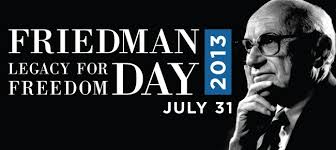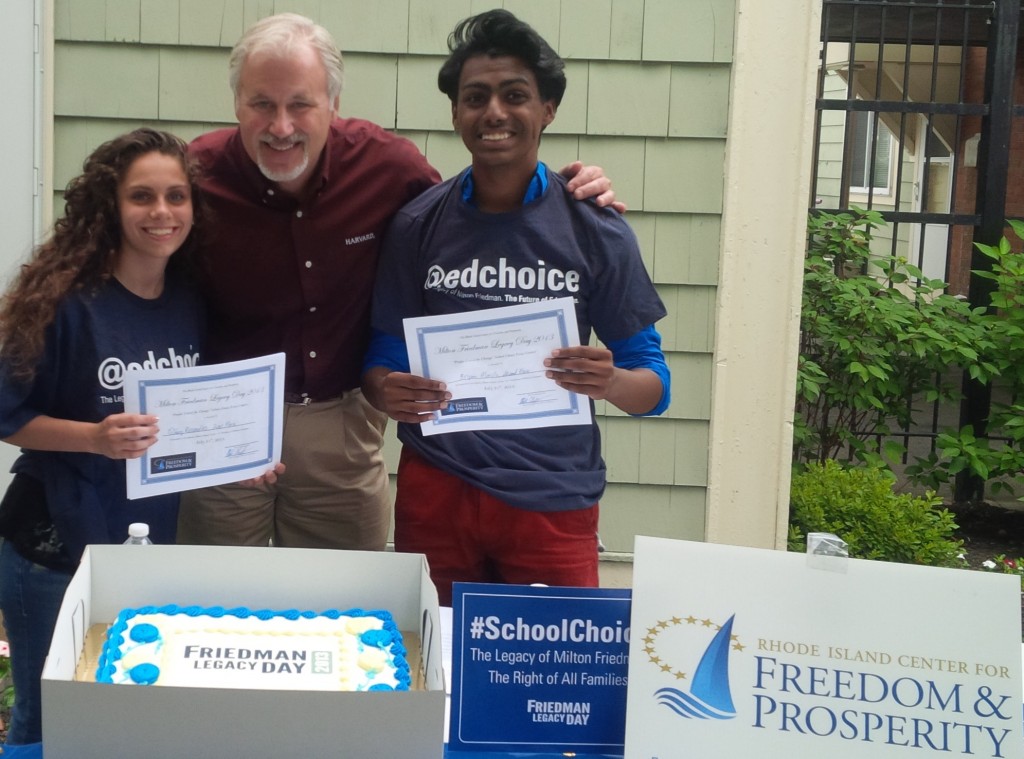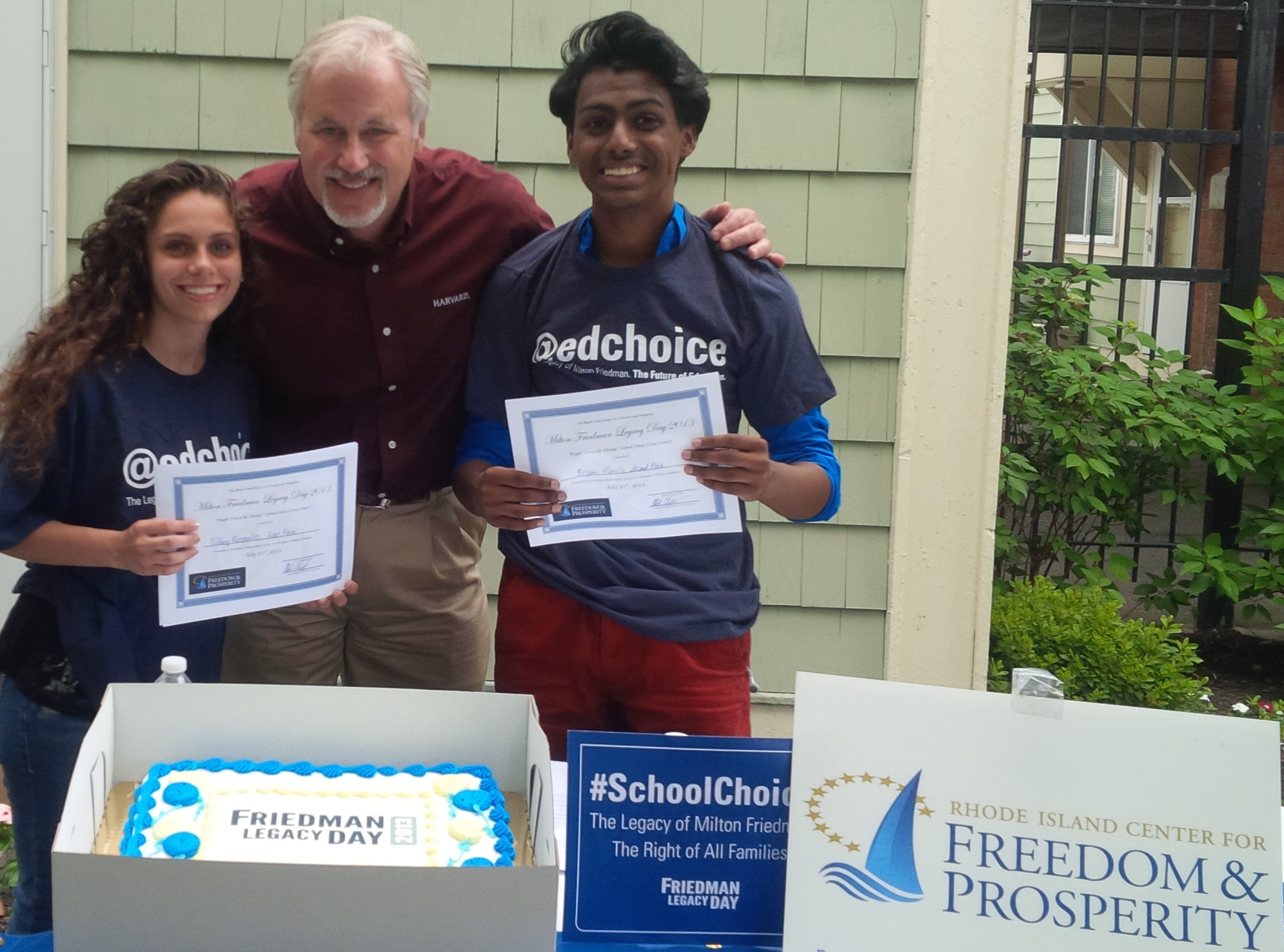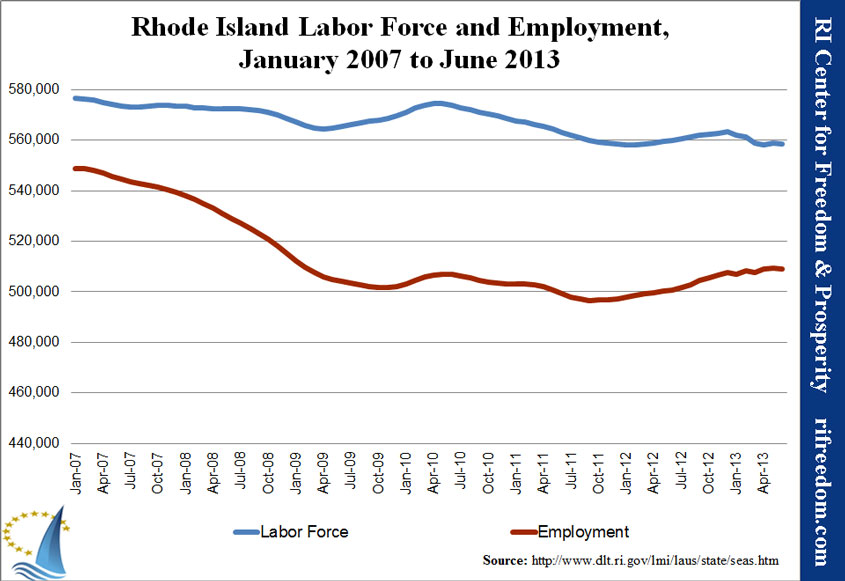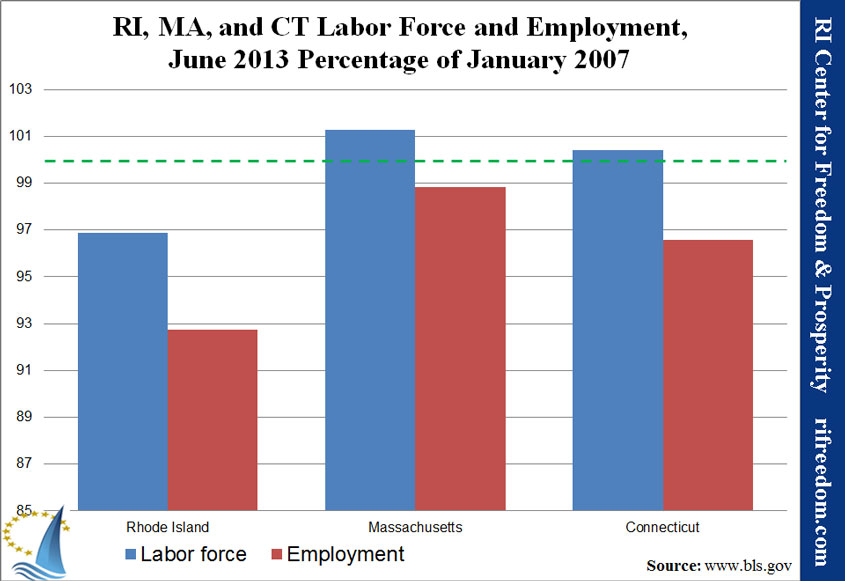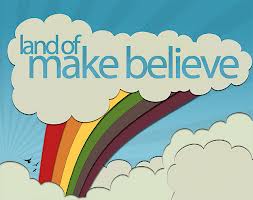Bryan Morillo Essay
Second Place Essay: 2013 “School Choice” Essay Contest – Bryan Morillo
(July, 2013) Bryan Morillo is seventeen years old. He was born in Brooklyn, New York, and moved to Providence when he was three years old. Bryan graduated from Mount Pleasant High School, and is about to enroll at CCRI, where he wants to study political science and economics.
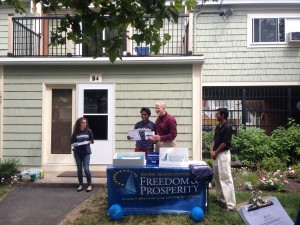
Bryan Morillo accepts his prizes as runner up in the 2013 Friedman Legacy Day School Choice Essay contest!
Bryan hopes to get involved in elected politics. He would like to see fewer policies that take away rights from the individual, and a return to the basic, limited principles of the Constitution. Bryan believes this will help people feel more empowered, rather than further empowering disconnected politicians and bureaucrats.
Bryan’s essay is below …
***
How school choice could have affected my life
As a graduate of the providence school system I understand, just as thousands of others understand, how lack of school choice can negatively affect an individual. Before I delve into what school choice means I first want to give insight into what I’ve experienced without it. Lack of school choice has far reaching effects as I have witnessed for myself. These effects range from: Higher dropout rates, lower test scores and a lack of motivation to succeed in life. These are all things that I personally can attest to.
Even though I was not born in Providence this is the city I was raised in. As I grew up in the Providence school system I have seen a great number of my peers drop out of school. Although they were not all similar in character or personality, nearly all of them had the same reason for leaving school. It was not relevant to what they wanted to do in life. The goals they had set up in life didn’t seem to be achievable through continuing school.
For the longest time I too did not see the relevance of school in my life. The reality was that as I left middle school I was presented with 4 public schools as a choice. Any private school was either too far or too expensive for me to attend. So I resigned myself to Mount Pleasant High School. I felt no urge to push myself to do better in anything academically. I knew I could simply do just enough to get by and so I did.
All public schools in Providence have pretty much the same curriculum and thus do not have much difference except in faculty and location. Furthermore the curriculum presented no serious challenge, making it easy to simply go through the motions of showing and filling whatever sheet you were handed. The classes were either not necessary or inconsequential. Not to mention the variety in classes to choose from was nonexistent. You got the classes the guidance office gave you, end of story. In hindsight it was quite easy for me to want to drop out of school because school didn’t anything like what the real world would offer.
In the end I graduated high school unprepared for the real world and with no sense of accomplishment. It had become apparent to me that anything useful I picked up came from outside of school. It seemed that the school system made education more difficult to receive by failing to provide the student with what they need instead of what the curriculum desired. So it was the lack of availability in schools that condemned the students of providence to an attitude of “sit at home and collect a check.”.
However when you introduce true school choice to the situation you can deal with a plethora of problems. People wouldn’t have to resign themselves to the status quo if they knew they could achieve more. Not just more out of their school but in life in general. The ability to go to a school that better suited the student not only would reduce the dropout rate, because they are doing what they want to do, but also give them the motivation to push harder because there would be other students there striving to be the best. Students wouldn’t see testing as an annoyance but rather as a gauge of their abilities. The school system would succeed where it has previously failed for years and all it would take is to simply give students a say in where they want to go.
This would also carry well into college because now, a fresh batch of high school graduates, all of whom are well trained in their skill of choice would be entering into the halls of universities and colleges with an entirely different mindset than the previous generation. A larger percent now having an idea of what they want to do in life or what their career of choice will be. Colleges will be able to better perform their jobs because the high schools did theirs. In turn producing a generation of motivated individuals who have a sense of not only identity but purpose.
All of this does not have to remain speculation. The truth is that if this could be implemented the youth of Providence would be changed forever but for that to happen people must for first care for the youth of Providence. As a member of People United For Change I can speak for everyone by saying we care. It’s simply a matter of others caring too. Caring for the community and caring for the future as well. This is what school choice means to me.

